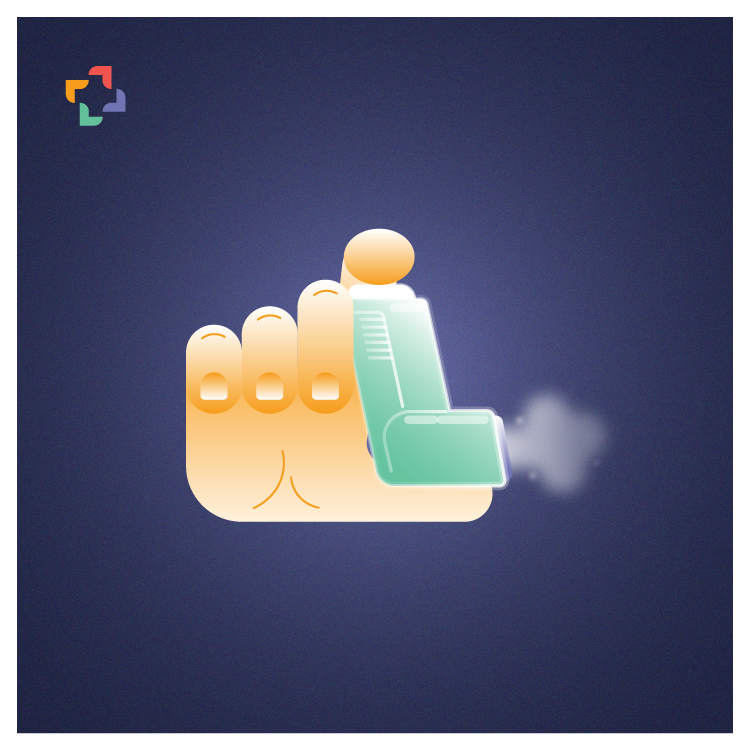Pediatric Asthma
Learning Objectives
At the end of this course, participants should be able to:
- Describe why underdiagnosis of asthma occurs in children and some factors that increase the risk of developing asthma
- List key elements to obtain from the history to evaluate asthma
- Discuss importance of starting ICS early for persistent asthma and when PRN ICS/LABA can be considered
- Contrast technique and age considerations for HFA vs dry powder inhalers
- Discuss important elements to consider regarding racial and social disparities in asthma
Intended Audience:
This online course is designed for pediatricians, family physicians, and pediatric nurses.
Abstract:
Asthma is a common yet underdiagnosed condition in children, often due to variable symptoms, diagnostic challenges, and healthcare disparities. This course explores key risk factors for asthma, including genetics, environmental exposures, and early respiratory infections. It also outlines essential history-taking elements for diagnosis, emphasizing symptom patterns, triggers, and treatment response. Early initiation of inhaled corticosteroids (ICS) is critical for managing persistent asthma, while as-needed ICS/LABA may be appropriate in select cases. Proper inhaler technique varies by age and device type, with important distinctions between HFA and dry powder inhalers. Additionally, we will address racial and social disparities in asthma care, focusing on barriers to diagnosis and treatment. By the end of this course, providers will be equipped to diagnose and manage pediatric asthma more effectively and equitably.
Assessment and Earning CME Credit:
This course in English is not CME-accredited. However, it provides valuable educational content that can enhance your knowledge and skills in the subject matter. To receive CME credit for this course in Armenia, you must take the course in Armenian and complete the post-course quiz. You have three chances to achieve a passing score of 70%. Once you pass the quiz, we will send your information to the Armenian Ministry of Health for credits.

Dr. Neema Izadi, MS
Dr. Izadi currently works as an Assistant Professor in the Clinical Division of Immunology and Allergy at the Children’s Hospital Los Angeles. Dr. Izadi also teaches at the University of Southern California Keck School of Medicine and serves the California Severe Combined Immunodeficiency Newborn Screening Program. He has first author publications in immunodeficiency, asthma, atopic dermatitis, and allergy. His current interests include primary immunodeficiency and medical education.
